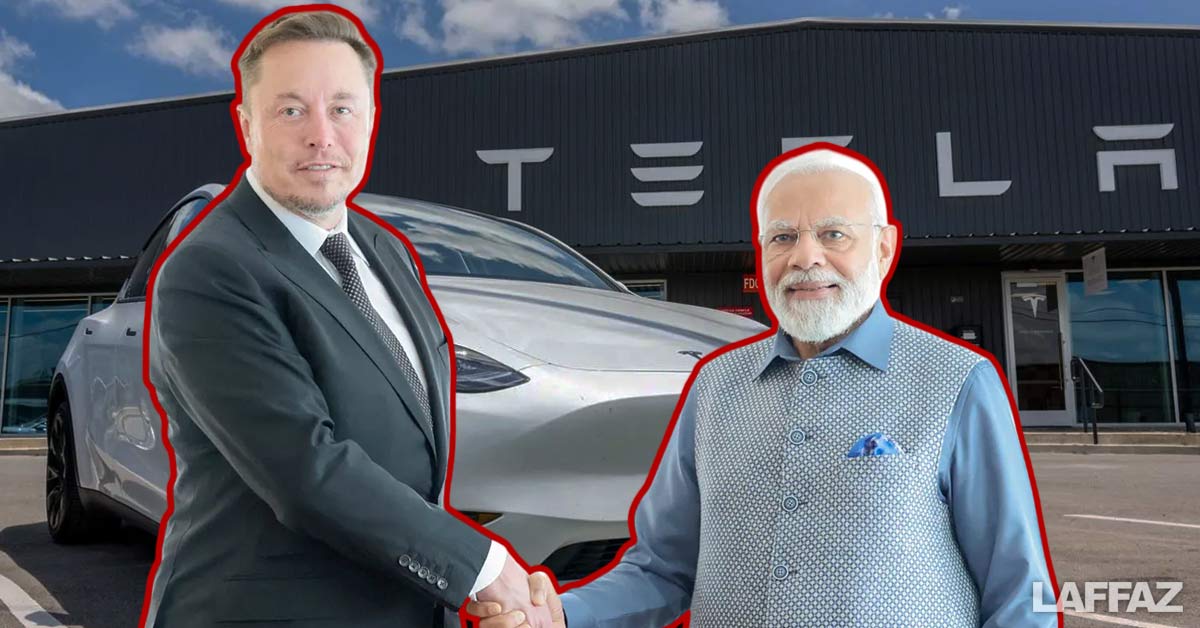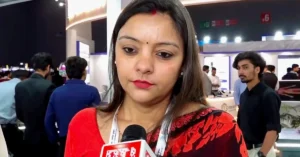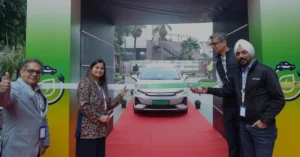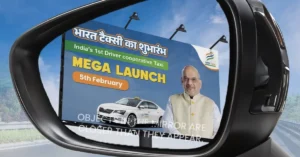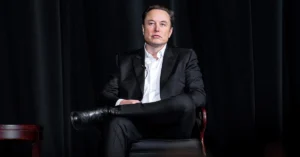The federal minister stated that the American electric vehicle maker Tesla has no plans to manufacture cars in India, instead focusing on importing its electric vehicles into the country as the government finalizes its EV policy.
India will significantly cut import taxes for foreign automakers that commit to investing in domestic electric vehicle production. The policy, developed over the past year, was initially designed to attract Tesla to set up manufacturing in India. However, CEO Elon Musk put investment plans on hold last year.
Tesla plans to import cars into India despite Elon Musk’s repeated concerns about the country’s high tariffs on imported vehicles.
Mercedes-Benz, Volkswagen, Hyundai, and Kia have shown interest in India’s electric vehicle manufacturing policy, according to Union Minister for Heavy Industries HD Kumaraswamy.
“Tesla, we are not actually expecting (interest) from them… They are not interested in manufacturing in India.” said Union Heavy Industries Minister HD Kumaraswamy.
The Ministry of Heavy Industries announced that companies can import a limited number of electric cars at a reduced 15% duty if they commit to investing about $500 million in domestic EV manufacturing. This is a significant reduction from the current 70% duty.
Companies will need to establish manufacturing facilities in India, start operations within three years of approval, and meet specific local content requirements.
Tata Motors and Mahindra & Mahindra, India’s domestic players, have invested millions in local electric vehicle manufacturing and lobbied against duty cuts, with further investments planned.
The new scheme permits limited investment in areas like machinery, research, and charging infrastructure. Currently, India’s emerging EV market faces a challenge due to a shortage of fast chargers, which has discouraged potential buyers.
In 2024, electric vehicle sales in India, led by Tata Motors, made up only 2.5% of the country’s total car sales of 4.3 million. The government aims to boost this share to 30% by 2030.
